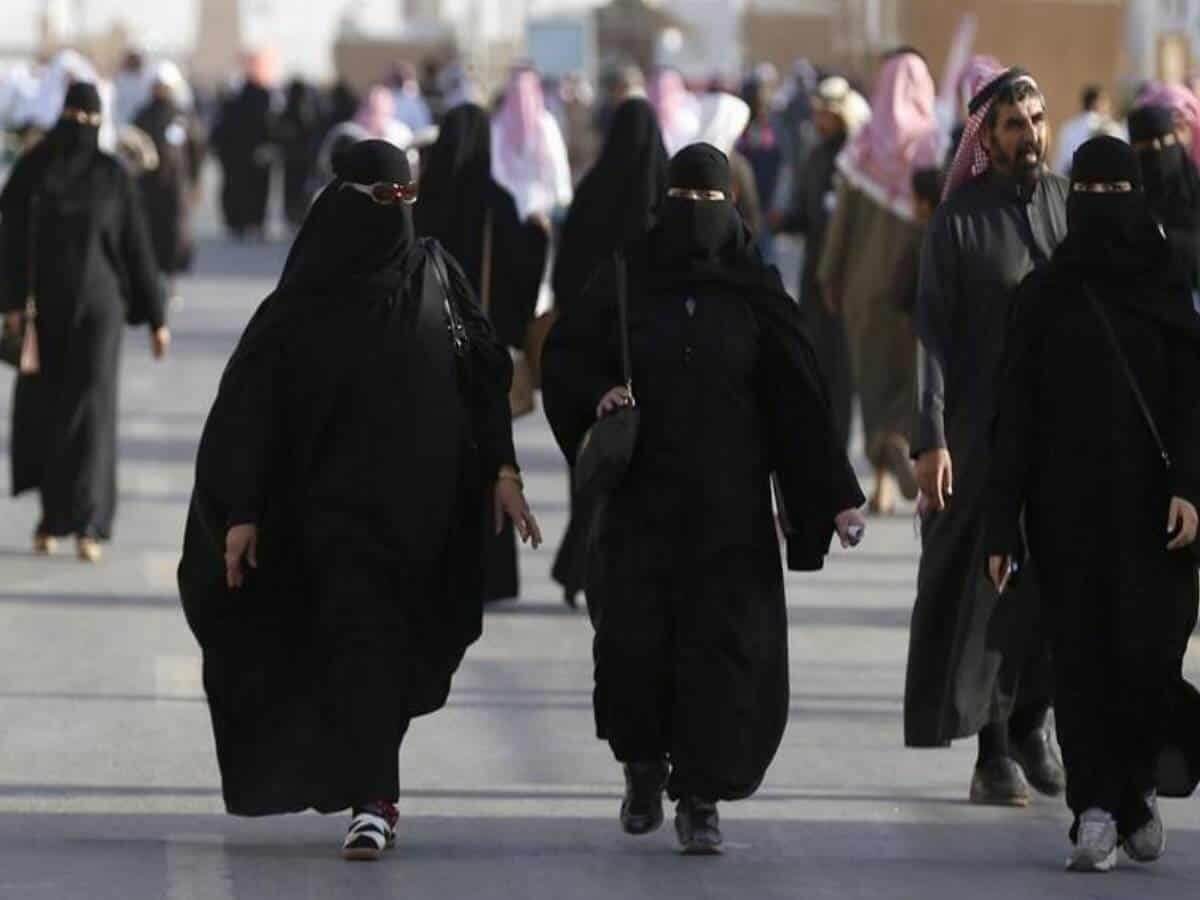In a landmark move, Saudi Arabia has allowed women to live alone without the consent of a male guardian after judicial authorities made an amendment to a previous law, which stated that unmarried, divorced, or single women should be handed over to their male guardian.
According to Gulf News, the ruling states that an “adult and rational” Saudi woman can stay on her own in a separate residence without the permission of her father or any other male guardian. Article 169, paragraph b of the “Law of Procedure before Sharia Courts” was amended by the Kingdom’s judiciary.
“An adult woman has the right to choose where to live. A woman’s guardian can report her only if he has evidence proving she committed a crime”, the new law states. It adds: “If a woman is sentenced to a jail term, she will not be handed over to her guardian after completing her term”.
Saudi lawyer Naif al-Mansi told a local newspaper that the new rule will prevent families from filing lawsuits against their daughters who choose to live separately. He said the Kingdom’s courts will not be accepting such cases anymore.
The change to the male guardianship rule was introduced after a Saudi court ruled in favour of writer and activist Mariam al-Otaibi’s decision to live and travel alone in July 2020. Otaibi was arrested in 2017 in Riyadh after fleeing from her family, who had allegedly abused her, and was put on trial for travelling without her father’s permission.
Also Read: Can MBS Achieve the Objectives of Vision 2030 Without the Participation of Women?
The ultra-conservative kingdom has been known for practicing the Wali system of male guardianship, which stipulates that every Saudi woman should have a male guardian, who has the authority to make decisions on her behalf. According to Human Rights Watch, there are many aspects to the male guardianship system in Saudi Arabia that “are not codified in law but stem from informal practice—both by private actors and government officials”, making it difficult to entirely abolish the system.
The amendment to the backward law comes at a time when Saudi Crown Prince Mohammed bin-Salman (MBS) has been implementing several reforms as part of his Vision 2030 initiative, which seeks to modernise Saudi society. Since 2018, the Gulf monarchy has permitted women to drive, allowed them into sports stadiums and passed a decree allowing women above 21 to travel outside of the country without the permission of a male guardian.

